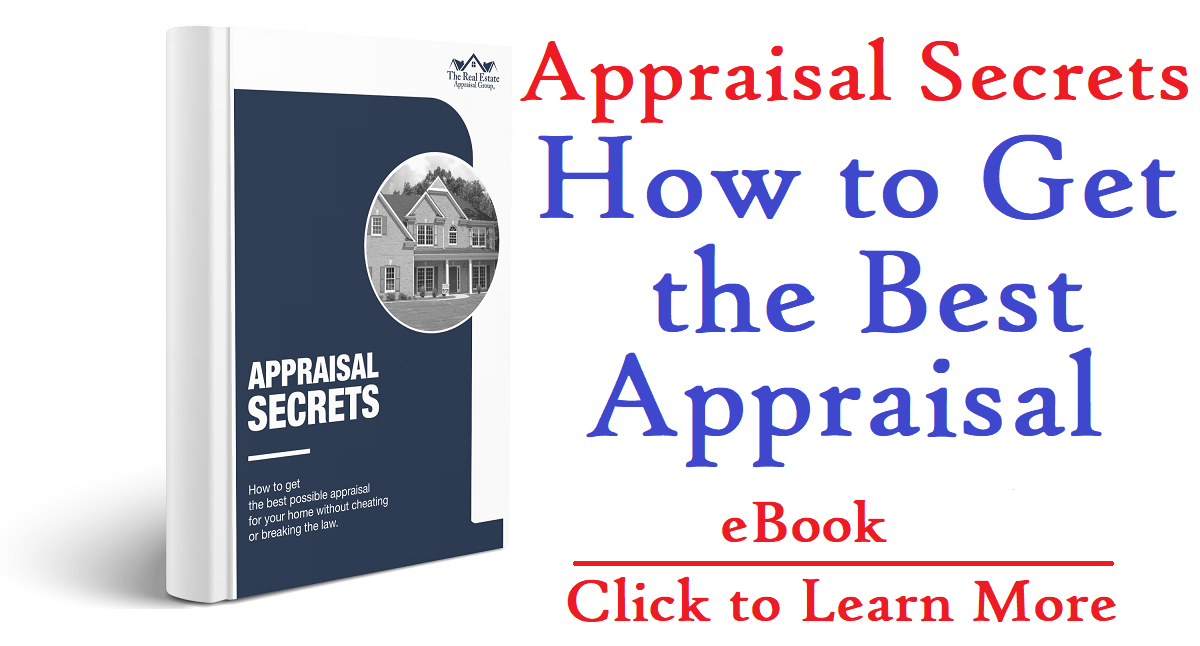Having worked as brokers, agents, and appraisers, we certainly understand the ins and outs of negotiating a real estate contract. As such, we’ve also come across that awful scenario (and headache) of a real estate appraisal coming in below the contract price.
So the Appraisal Came in Too Low- What Now?
Typically, this puts the ball in the buyer’s court. As an agent, it’s part of the job to make sure your client doesn’t end up paying too much for their house. Of course the option of taking the lower financing and coughing up a larger down-payment is always there. Sadly, we often see agents who just decide to roll with it and recommend this course of action to their clients.
As a buyer agent, don’t be afraid to go to bat for your clients. An offer should be based on what the home is worth, and not the listing price. Cost and value are very different things.
When an appraisal comes in lower than the asking price, renegotiating the sales contract should be the buyer agent’s first course of action (provided the seller is willing to listen, of course).
Sometimes, a seller might try to discredit or cast doubt on the appraisal by looking for some mistakes. Don’t be afraid of potentially ruining the deal; this is where you need to stand your ground as an agent, and look through the appraisal yourself.
“Well that’s just the one appraiser’s opinion; we think our price is perfectly fair.”
It’s very important to remember that real estate appraisers have to follow a certain set of rules. There are things they can take into account during an appraisal, and there are also things they cannot. Just because something won’t impact the appraised value of a property doesn’t mean you can’t use it during negotiations.
Often times, you may find a bit of leverage when negotiating a lower price when looking at the comparables in the appraisal report. One of the comps might have a huge screened-in wrap-around porch with benches hanging from the ceiling. Your property might have a stoop out front that only qualifies as a porch because there’s just enough room to fit a few chairs.
Some appraisers would just look at this as two porches, and make no adjustment. While the appraiser is still following all the rules, ask any rational-minded person (like the seller agent) which porch they would pay more for, and they’d probably say the big wrap-around one. If this is true… why should you pay the same price?
You can ask this question about a number of things in the report. ” Yeah, the comparable condo has the same square footage, bedroom count, and floorplan- but it’s on the first floor; you want to sell me one on the 19th. Which would you pay more for?”
It’s also important to research the current market trends in the area. A simple google search will bring up tons of different databases that are usually just as credible as what the appraiser was using, if not the same.
It’s possible that the appraiser only took marketing data from the specific neighborhood into consideration. It’s also possible that values in the neighborhood are skyrocketing while values in the properties specific zip code have been steadily declining. This is not likely, although it is possible- and it would definitely help you negotiate a lower price.
These are the questions that need to be asked by a buyer, these are the questions that need to be answered by the seller. Reasons to lower the sales price can be hard to find- and in a deal-or-no-deal situation, they need to be well justified.
Jonathan Montgomery Founder and President of the The Real Estate Appraisal Group.He has been a real estate professional since 1998. He’s been a broker, and investor and now serves as an appraiser. He currently works as an appraiser, doing real estate appraisals in Washington D.C., Southern Maryland, and Northern Virginia.
#treagroup #realestate



Recent Comments